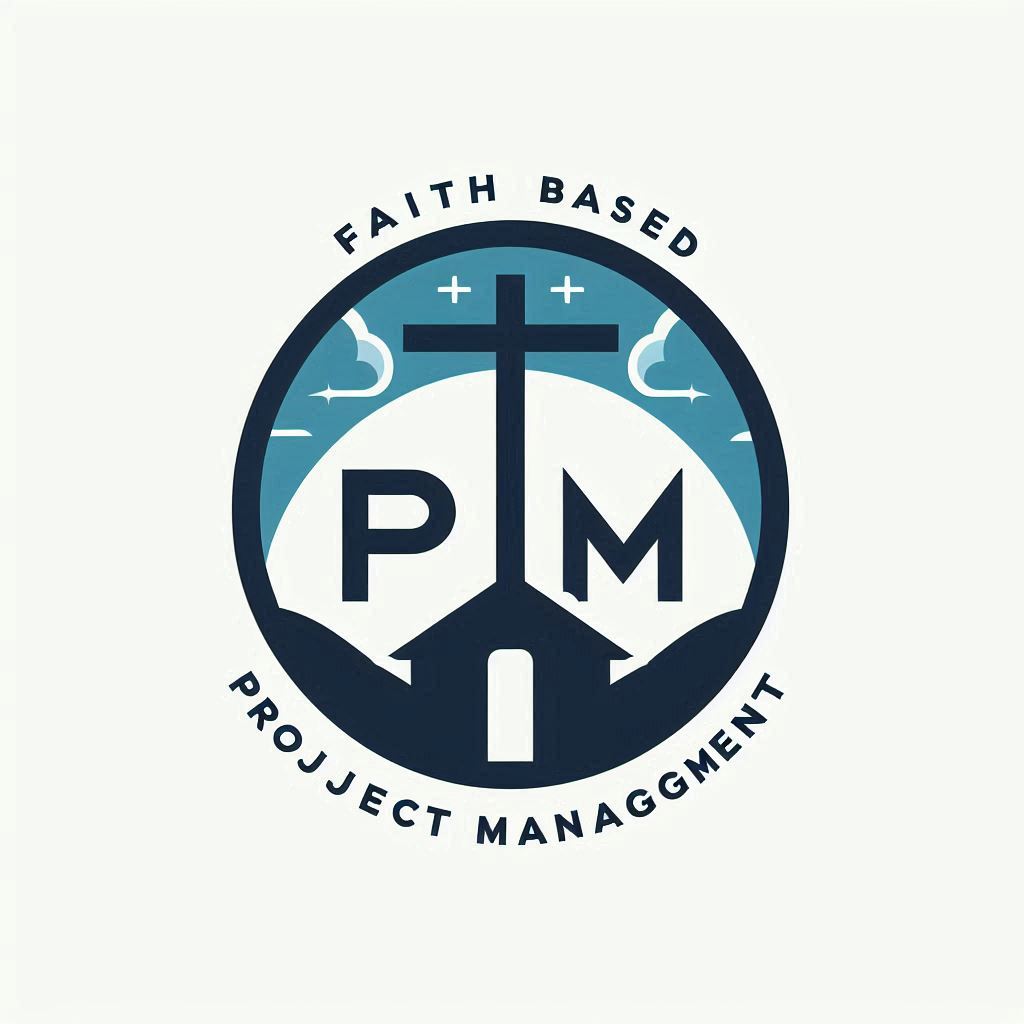Alright, let me break it down for ya. Faith-based leadership is a whole vibe. It’s like combining your beliefs with your leadership style, and trust me, it’s powerful stuff. At its core, it involves making decisions and leading others based on faith-inspired values like honesty, empathy, and justice.
Now, shifting gears over to project management. We’re talking methods like Agile, Waterfall, maybe even Scrum if you’re into that. These are all about getting stuff done efficiently, on budget, and on time. It’s like the science part of making projects succeed, complete with plans, timelines, and all that jazz.
What’s super interesting is how much faith-based leadership and project management actually have in common. Both lean heavily on values like trust and integrity. These aren’t just buzzwords. In faith circles, they’re spiritual foundations. In project management, they’re essential to keeping teams on the same page and moving in the right direction.
Trust me, history’s got our backs here too. Tons of leaders through history have used faith to shape their leadership. Think Martin Luther King Jr., who combined faith with social movement strategies. Translating belief into action, especially in leading projects, isn’t just feasible—it’s transformative.
Harmonizing Faith Values and Project Management Practices
When it comes to marrying faith values with project management, the potential for creating a transformative work environment is huge. Imagine a space where ethical practice and efficiency shake hands. Bringing those faith-based values into the work process isn’t just lip service; it can reshape the way teams connect and deliver results.
Picture a team meeting where the focus isn’t just on deadlines but also on kindness and support. That’s faith-based values at work. Incorporating such values means considering things like empathy when setting project goals or transparency in communication. A project manager with a faith angle might use strength and spirit to motivate yet manage with fairness and accountability.
Let’s chew over a case study. Consider a nonprofit organization that’s planning a community project. By embedding values like service and stewardship into their project management approach, they’ve not only completed tasks but have inspired their team to genuinely care about the outcomes. This type of success isn’t just measured in metrics but in the quality of relationships built.
If you’re thinking of trying this out, start small. Maybe begin with setting clear goals that reflect both your team’s capabilities and core values. Also, create a space where open dialogue about diverse beliefs is welcomed. This not only respects different perspectives but strengthens the team as a whole.
Of course, challenges creep up when merging such deep-rooted elements. Misunderstandings about religious inclusivity or balancing workflow with respect for team beliefs can happen. But, these hurdles aren’t roadblocks—they’re steps on the path to understanding and growth. Your task as a faith-oriented leader is to stay flexible and learn from these experiences.
Transformative Leadership: The Interplay of Faith and Project Management
Talkin’ about the impact of faith-infused leadership, it’s like plugging into a supercharger for your organization’s culture. It brings a positive jolt that can redefine the way your team works and innovates. When leaders are in tune with their beliefs, they’re not just driving projects; they’re steering cultural shifts within the organization.
The real magic happens when these leaders inspire teams to rise above daily grind and see the bigger picture. A leader who walks the talk, who mirrors their values in every pep talk, every meeting, is invaluable. They don’t just manage people—they lift them. It’s about motivation that transcends mere tasks and fosters genuine engagement.
But what’s at the core of such leadership? Patience, resilience, and an unwavering commitment to both the project and the well-being of the team. Combine these qualities with project management skills, and what you get is a leader who isn’t just effective but transformational.
Innovation and continuous improvement might sound like business lingo, but in this context, they’re about pushing the boundaries of what faith-driven leadership can achieve. Leaders should engage with teams to explore fresh ideas while sticking to ethical guidelines, ensuring neither creativity nor integrity is compromised.
As a leader, leaving a legacy is more than just project success; it’s about the long-lasting impact on the team and the community. Integrating faith into project management helps build this legacy on a foundation of trust and shared values, creating ripples of positive change that extend far beyond project timelines.
